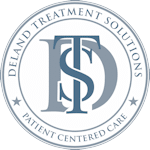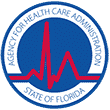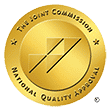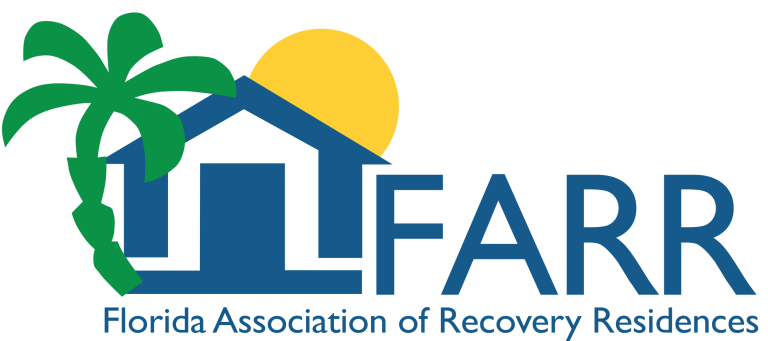Co-occurring disorders are also called dual diagnosis and refer to an individual having both a mental health disorder and a substance use disorder. Managing even one of these conditions is difficult; doing so with both can be very challenging, extremely complex and requires specialized care. Knowing dual diagnosis symptoms is the key to looking for help and starting the recovery journey. In the blog, we will talk about the basic symptoms of dual diagnosis, how to detect it, and the best methods for treatment – because integrated treatment is the way to go.
What is Dual Diagnosis?
Dual diagnosis means that an individual has at the same time a mental health disorder and a substance use disorder. Research has found that nearly half of people with a mental health condition will have one or more substance use disorders during their lifetime.
Common combinations include:
- Depression, and alcohol addiction.
- Anxiety disorders and opioid dependence are.
- Stimulant abuse and bipolar disorder.
Mental health disorders and substance use often go hand in hand, in a cycle. Using substances may be a way that people end up self-medicating their mental health symptoms and thus only make their mental health disorders worse over time. Likewise, substance use can lead to vice versa and in other words can bring and worsen mental health conditions, making it frustrating to break the cycle without professional help.
Dual Diagnosis Signs and Symptoms
Since the symptoms of mental health disorders and substance use disorders can overlap, or disguise each other, it can be difficult to identify dual diagnosis. Here are some key signs to watch for:

Mental Health Symptoms
- Persistent sadness or hopelessness: These can be signs of depression or other mood disorders.
- Excessive anxiety or fear: Generalized anxiety disorder and panic disorder.
- Mood swings: Bipolar disorder may be suspected if there are extreme highs and lows.
- Sleep disruptions: Having difficulty sleeping or sleeping too much may suggest depression, anxiety, or other mental health problems.
- Suicidal thoughts or self-harm: This is a serious warning sign, it should be attended to immediately.
Substance Use Symptoms
- Increased tolerance: Using more of a substance to gain the same effect.
- Withdrawal symptoms: Having physical or emotional suffering not using the substance.
- Neglecting responsibilities: Substance use that prevents you from meeting work, school, or home obligations.
- Risky behaviors: Going out with unsafe activities while drinking.
- Preoccupation with using: Engaging in a lot of thinking about, obtaining, and using substances.
Overlapping Symptoms
- Social isolation: Stopping friends, family, and social activity.
- Difficulty managing daily tasks: Difficulty managing work, relationships, or other responsibilities.
- Self-destructive behaviors: Harmful actions that negatively affect physical or mental well-being.
- Inability to cope with stress: Turning to substances as a primary coping mechanism.
When to Seek Help
It’s essential to seek professional help if you notice any of the following red flags:
- Escalating substance use: When your use of substances is rising in terms of how often or the amount and it’s starting to interfere with your health or relationships.
- Severe mental health episodes: Feeling debilitating symptoms such as extreme depression, panic attacks, or psychosis.
- Inability to function: Fighting co-occurring disorders that make it hard for you to do your job, your family obligations, or your school work.
- Harm to self or others: Suicidal thoughts, self-harm, or dangerous behaviors are all signs of an urgent intervention being needed.
Early treatment is important to prevent worsening of symptoms.
Support is available—you've taken the first step by starting your research.
Lorem ipsum dolor sit amet, consectetur adipiscing elit. Ut elit tellus, luctus nec ullamcorper mattis, pulvinar dapibus leo.
You can also start by checking your insurance coverage online.
Get Help at DeLand Treatment Solutions
DeLand Treatment Solutions specializes in compassionate, integrated, dual-diagnosis treatment. We know how to help with co-occurring disorders and will create individual treatments for your specific needs.
If you or someone you love is experiencing signs of dual diagnosis, you don’t have to wait. Call us to find out how we can help you get control and start building a healthier future.
Types Of Treatment For Dual Diagnosis
Dual diagnosis treatment is comprehensive and treats both mental health and substance use disorder problems at the same time. Effective treatment options include:
- Cognitive Behavioral Therapy (CBT): Helps people determine what negative thought patterns help contribute to their conditions and how to change them.
- Group Therapy: Offers a supportive environment where individuals can share experiences and learn from others facing similar challenges.
- Medication Management: Medications can help stabilize mental health symptoms and support recovery.
- Holistic Therapies: Other treatments, like art therapy and meditation, can also be combined with some of the traditional treatments.
Addressing the root causes of Dual Diagnosis and long-term Recovery is best achieved with an integrated treatment program.
The Role of Support Systems
Recovery from dual diagnosis isn’t one meant to be endured alone. Having a good support system can help the process.
- Family and Friends: Emotional support and encouragement from loved ones is vital.
- Peer Support Groups: Fostering a sense of belonging and accountability to someone experiencing similar tough times can be achieved by connecting with others who have gone through a similar situation.
- Professional Guidance: We need therapists, counselors, and/or medical professionals who provide the tools and strategies we need in the recovery process.
Encourage open communication and seek help as a team to create a supportive environment for healing.
Contact Solutions Healthcare
Battling with Drug and Alcohol Addition? Remember, you are not alone and we are here to help you!
Benefits of Seeking Help Early
- Improved mental and physical health: Treating both conditions can help to control the symptoms and improve your overall well-being.
- Stronger relationships: It’s about rebuilding trust and communication with loved ones.
- Better quality of life: Being able to work, doing things you enjoy, and being able to enjoy life’s moments.
- Reduced risk of relapse: Early intervention allows people to implement coping strategies to avoid relapse.
Recovery is possible, and the sooner help is sought, the better the chances of success.
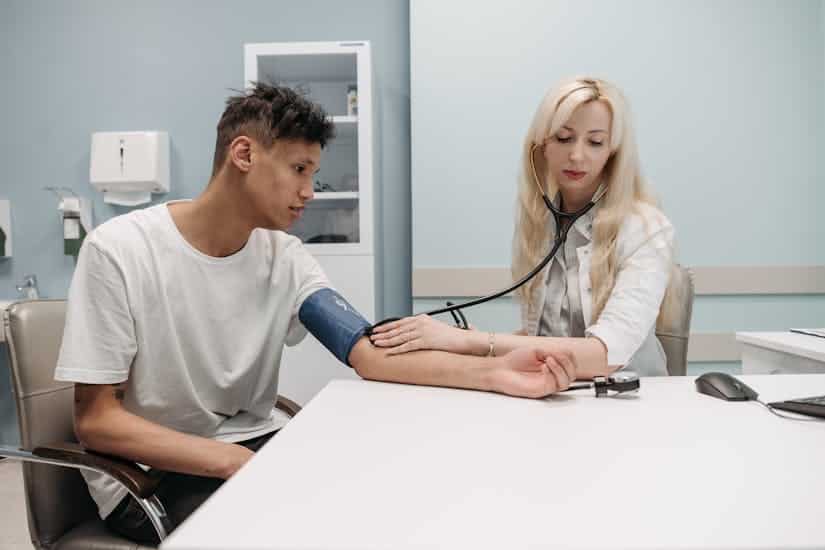
One of the first steps to recovery with dual diagnosis is recognizing the signs and symptoms. At DeLand Treatment Solutions, we are here to help you through this difficult time with evidence-based treatment and compassionate care. Start your healing journey today by reaching out to us.
